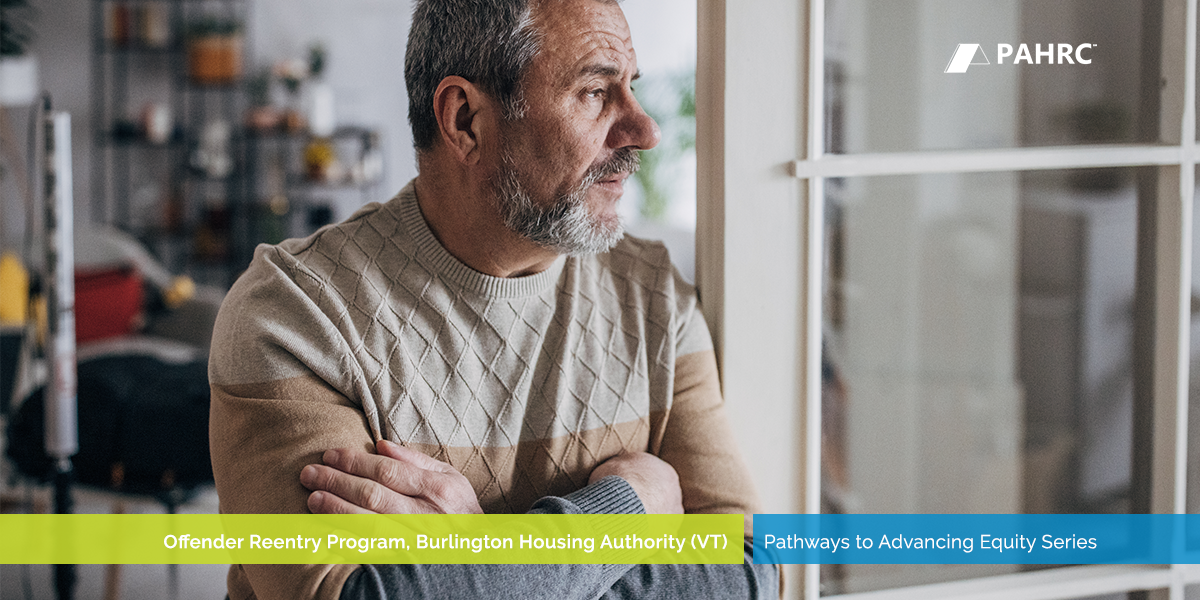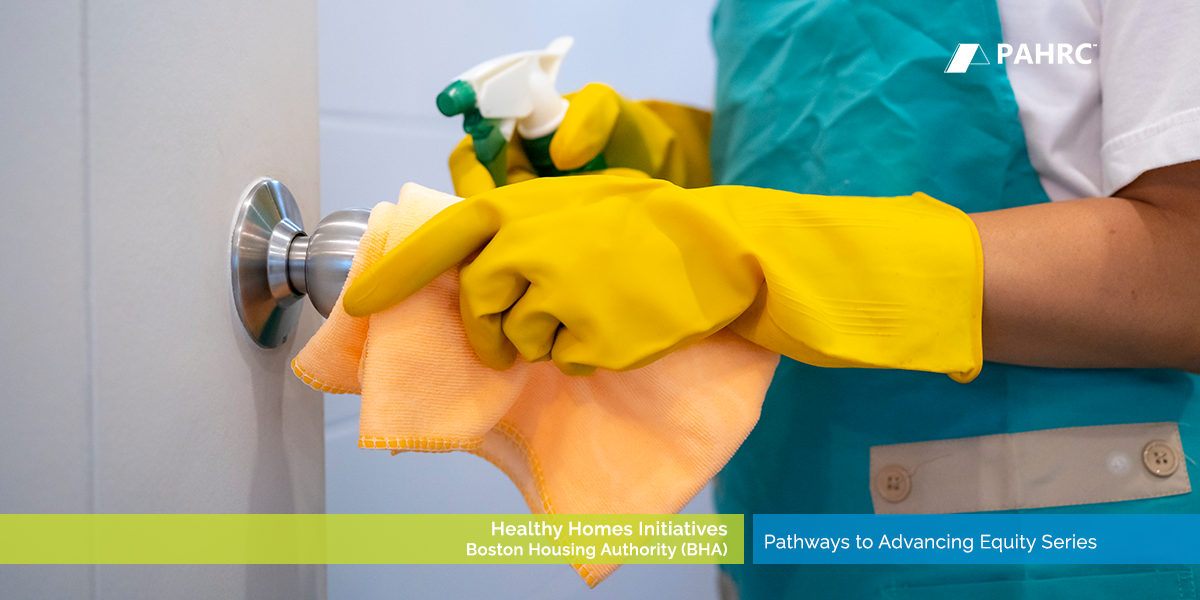Incarcerated individuals nearing their release date face significant challenges as they prepare to transition back to life outside prison. Concerns about finding a job, reintegrating into society, and securing stable housing are likely at the forefront of their minds. These worries are compounded when there is a lack of available housing upon release, leaving them to seek alternative solutions.
According to the Vermont Digger, 378 of the 762 people incarcerated in Vermont in 2022 remained imprisoned beyond their minimum release dates. Of those, 71 individuals—approximately 19%—stayed longer due to a lack of housing. The Digger reported information from the Vermont Department of Corrections (DOC), released in December 2022, indicating that more than 200 individuals were incarcerated for over 1.5 years past their release dates.
Recognizing this issue, the Burlington Housing Authority (BHA) has spent more than 20 years working to alleviate homelessness in its communities, collaborating with local organizations to develop a regional housing reentry plan.
BHA's Offender Reentry Program is featured in “PHA Pathways to Advancing Equity,” a report released by the Public and Affordable Housing Research Corporation (PAHRC), a member of HAI Group’s family of companies.
Challenge
Incarcerated individuals often struggle to find permanent housing after being released from prison. Many seek temporary accommodations with family or friends, while others turn to local shelters for refuge.
Solution
In 2004, BHA collaborated with the Burlington and Winooski Community Justice Centers and the Vermont Department of Corrections to develop a housing reentry plan. This initiative led to the creation of the Offender Reentry Program, which provides Housing Choice Vouchers (HCV) and transitional housing referrals to incarcerated individuals who have a treatment and employment plan in place and agree to meet with a case manager upon release.
Implementation
In 2005, BHA received funding from the Vermont Department of Corrections (DOC) to hire an offender reentry housing specialist (ORHS). The ORHS develops transitional housing and advocates for individuals returning to the community from the criminal justice system. Initially, the program expanded to connect clients with their parole officers to ensure they accessed the necessary supportive services to retain their housing. The program also provides training on:
- Budgeting
- Relationship building
- Crisis management
- Referrals to service providers
Within the first month of incarceration, correctional facility staff meet with offenders to develop an Offender Responsibility Plan. This plan assesses the offender’s mental health and service needs while establishing goals for eventual community reentry.
Correctional facility staff, service providers, and probation officers refer clients to the program. Clients can also apply for it while still incarcerated.
The offender reentry housing specialist (ORHS) meets with clients to discuss their rehabilitation, release plans, housing and employment history, and health limitations. The specialist then collaborates with the client’s parole officer to review the Offender Responsibility Plan, assess risks, and evaluate housing limitations to determine eligibility for the program.
BHA staff locate landlords willing to rent to clients and make referrals to social service agencies, if necessary, to assist with the security deposit and first month’s rent. Upon release, the client meets with the ORHS, their parole officer, and their landlord to sign the lease. This lease includes an addendum requiring the client to acknowledge their lease requirements as a condition of their release.
The ORHS works with clients to promote housing retention and resolve landlord disputes. Landlords who agree to lease to clients with the addendum receive housing readiness training and the opportunity to join a landlord risk pool. Funded by the DOC, this pool includes a Landlord Guarantee Program that provides landlords with up to $1,500 for unpaid rent or damages caused by program tenants.
Additionally, local service providers connect participants to case management services, employment readiness programs, and peer support groups. These services help participants access necessary healthcare, secure and maintain employment, and build a supportive community to promote stability and reduce recidivism.
Impact
The program assists individuals with a criminal record in reintegrating into the community by providing stable housing and individualized support services.
Up to 80% of program referrals are accepted, and participants experience a recidivism rate of 20%, significantly lower than the statewide average of 40% as of the report’s release.
Conclusion
The Offender Reentry Program underscores the critical role that stable housing and tailored support services play in reducing recidivism and fostering successful community reintegration for individuals with a criminal record. By providing housing options, case management, and essential life skills training, the program has significantly lowered the recidivism rate among its participants, demonstrating a successful model for housing reentry.
For further insights and similar case studies, refer to the full report using the button below.
This article is for general information only. HAI Group makes no representation or warranty about the accuracy or applicability of this information for any particular use or circumstance. Your use of this information is at your own discretion and risk. HAI Group and any author or contributor identified herein assume no responsibility for your use of this information. You should consult with your attorney or subject matter advisor before adopting any risk management strategy or policy.






